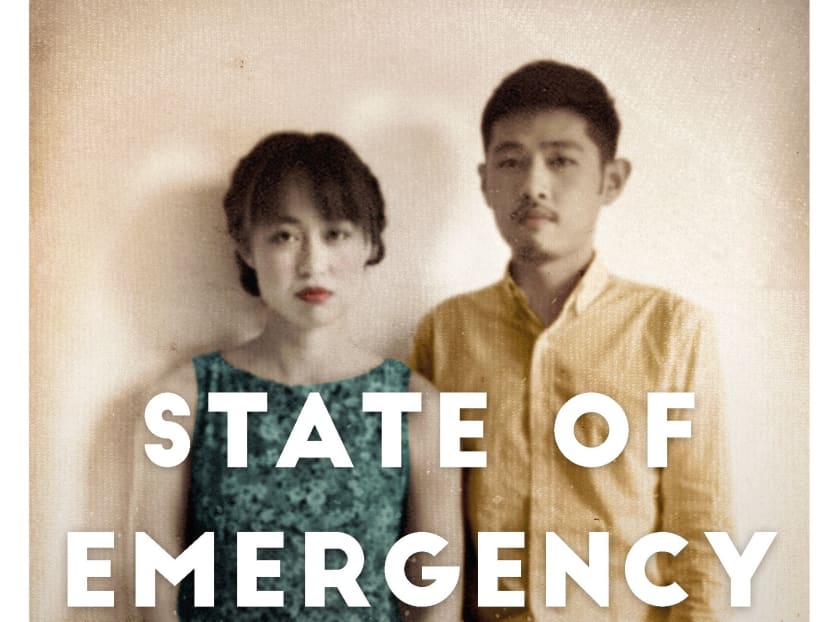Singapore author’s book grant withdrawn due to content changes
SINGAPORE – The National Arts Council (NAC) withdrew funding for the book State of Emergency because the content in the book deviated from the original proposal that had been mutually agreed upon, the Minister for Culture, Community and Youth Grace Fu said.

Jeremy Tiang's book State of Emergency is his first full-length novel and follows the fortunes of a Singaporean family repeatedly caught up in political intrigue over the years. Photo: Epigram Books
SINGAPORE — The National Arts Council (NAC) withdrew funding for the book State of Emergency because the content in the book deviated from the original proposal that had been mutually agreed upon, the Minister for Culture, Community and Youth Grace Fu said.
In a written response to a question from Non-Constituency Member of Parliament (MP) Dennis Tan on why the NAC withdrew its funding for Jeremy Tiang’s book, Ms Fu said: “The project did not meet the funding requirements mutually agreed upon as the content in the book deviated from the original proposal.”
In 2011, the Singapore author had the remaining of his NAC grant of S$12,000 — of which he had already received S$8,400 — withdrawn when he sent out the first draft of State of Emergency.
Known for his translation work, Tiang’s first full-length novel follows the fortunes of a Singaporean family caught up in political intrigue over the years, including the Hock Lee bus riots of 1955, Operation Spectrum in 1987 and the long-drawn guerilla war of the Malayan Emergency between 1948 and 1960.
The manuscript went on to win him a cash prize of S$5,000 when it was shortlisted for Epigram Books Fiction Prize in 2016.
Mr Tan had asked whether the author had failed to comply with any deliverables and, if so, what are the deliverables, and whether the book had failed to comply with any of NAC’s requirements and, if so, what was the non-compliance.
Ms Fu shared that the author received funding under the Creation Grant Scheme in 2010, which supports the incubation of new works. As with all NAC Creation grants, artists and arts groups sign an agreement with the NAC upon successful application. This agreement sets out the terms and conditions for the grant.
“Based on these agreed terms, NAC then disburses this grant in stages. In certain cases, NAC may only be able to partially support projects. For instance, when the artist is unable to meet project milestones that include mutually agreed deliverables and timelines; or when the artist is unable to secure copyright and other clearances; or when the work is assessed not to meet NAC’s funding requirements.”
She added: “Members may want to note that the book has been published in Singapore, and is in circulation in bookstores. Beyond grants for specific projects, NAC’s support to artists includes facilitating arts housing, professional development, market and audience development, and arts philanthropy. NAC may support an artist or arts group in other areas, even if it is unable to support a specific project.”
Speaking with TODAY, Tiang said: “I was disappointed that the response was framed in purely procedural terms, as that sidestepped the important issue of whether political concerns ought to affect funding for the arts in the first place.”





